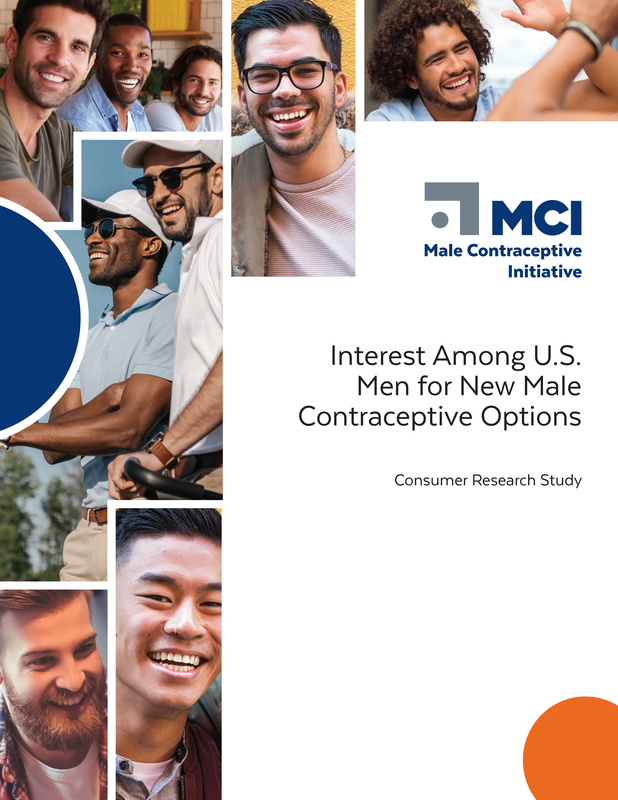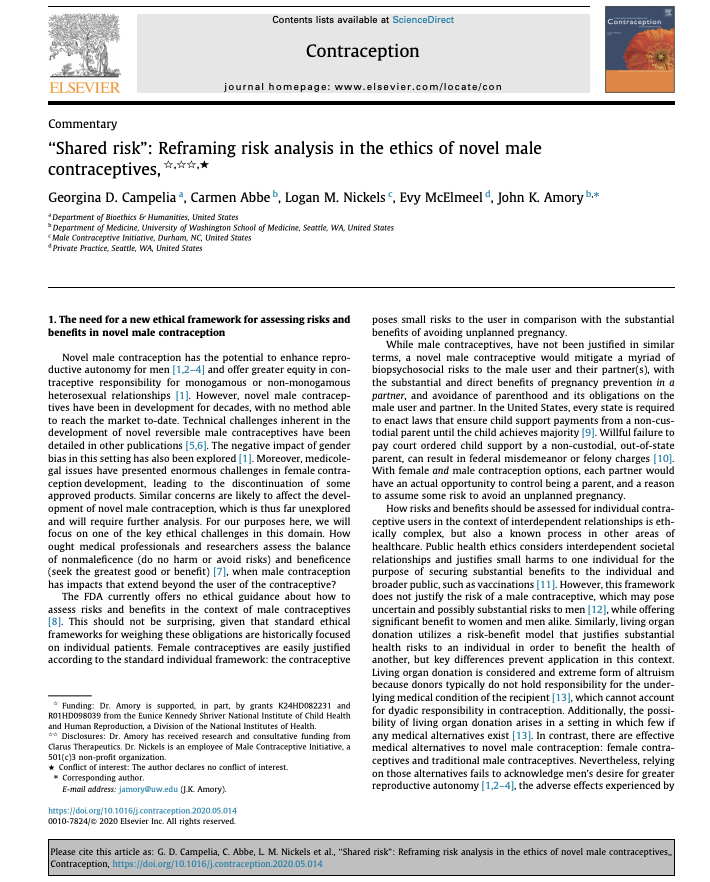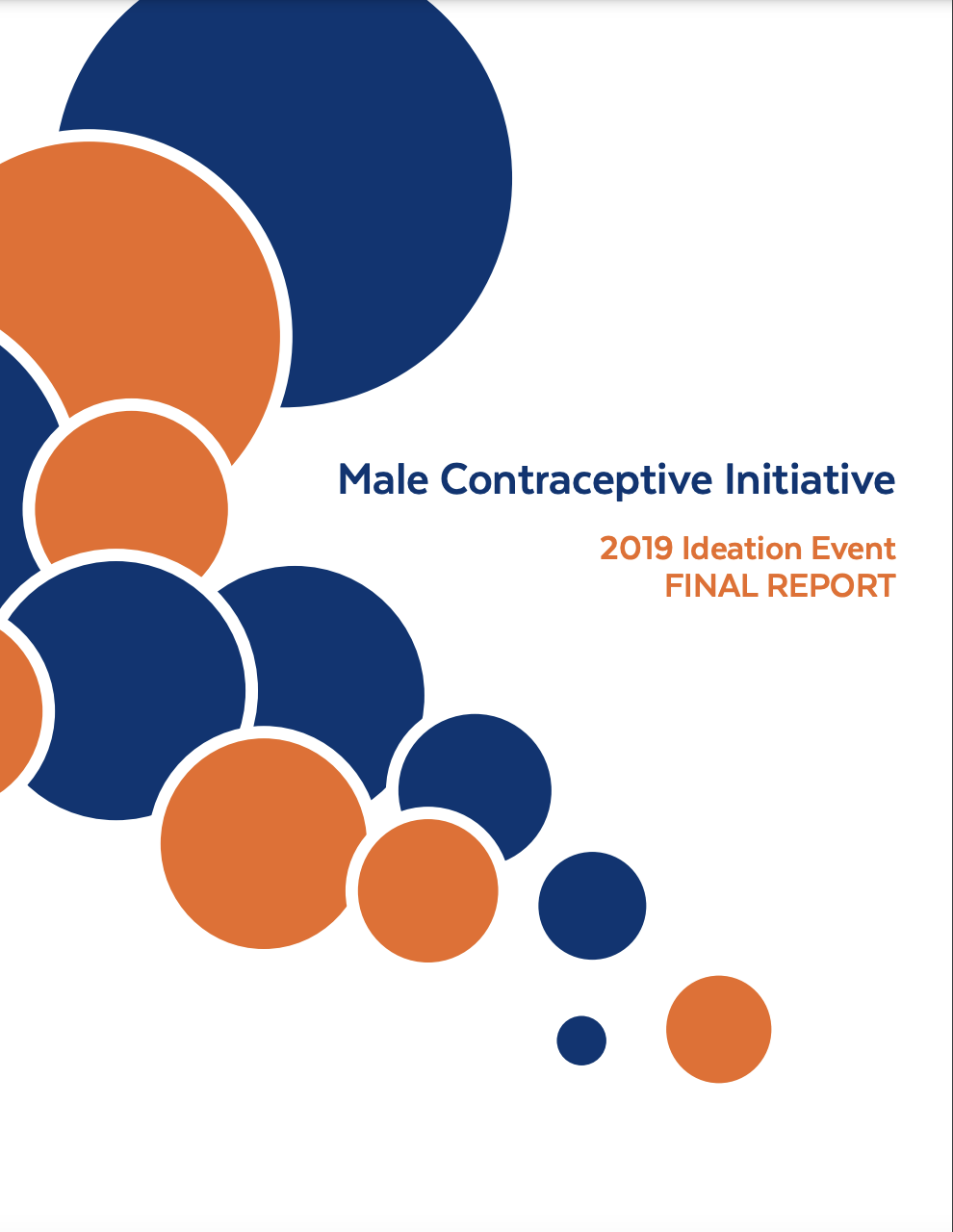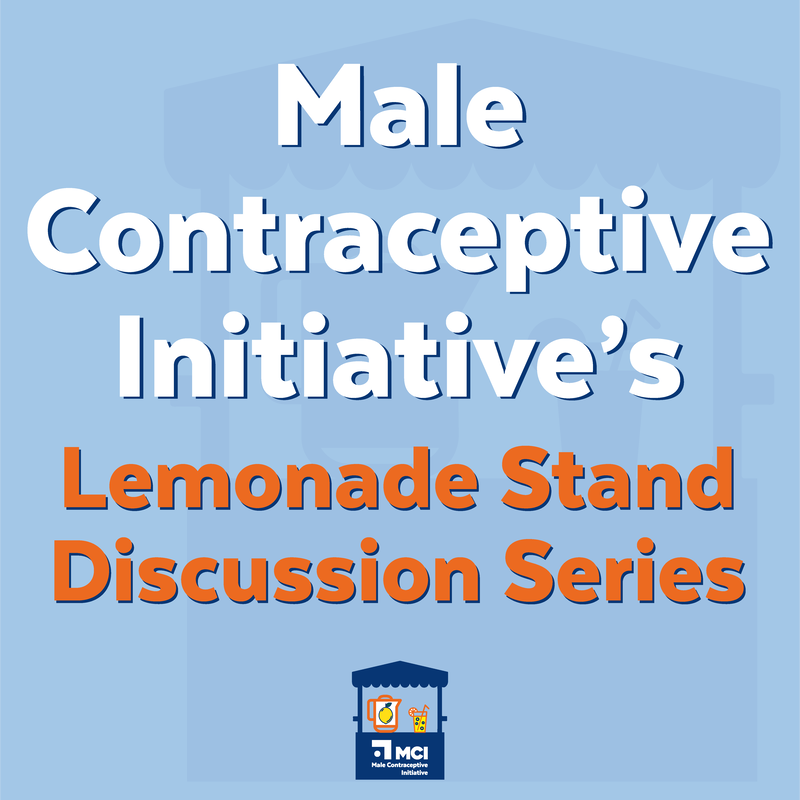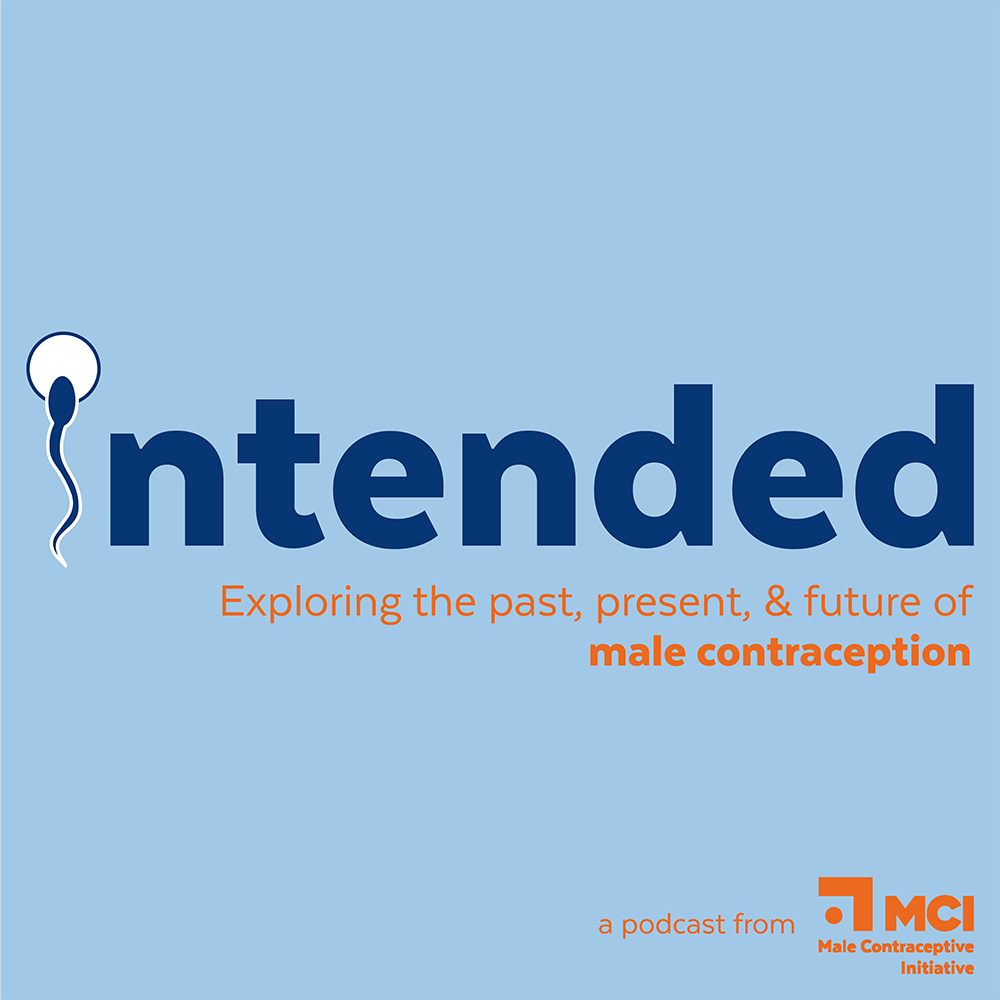Male anatomy and the way that sperm develop and move through the body allow for many places that a potential male contraceptive could work reversibly and without the need for hormones.
Decades of research have yielded promising results, thanks to the tireless efforts of dedicated scientists and advocates. On this page we provide an overview of the research activities we support and the promising product targets that have been identified. By focusing on non-hormonal, reversible methods, we're exploring a vast landscape of possibilities for developing innovative male birth control options.
The Drug Development Pipeline |
|
There are numerous non-hormonal approaches to reversibly impacting male fertility. These methods can work by:
By understanding the intricacies of male reproductive biology, researchers are exploring a wide range of possibilities for developing innovative male birth control options. Learn More Discover the latest advancements in male contraception research and explore the promising pipeline of potential new methods: |
Vasectomy Alternatives & Male Contraception |
|
Family planning is a fundamental right, empowering individuals and couples to make informed decisions about the size and timing of their families. However, the limited options available for male birth control have traditionally placed a disproportionate burden on women.
Current Options While vasectomy and condoms are available, they have limitations that may not suit everyone's needs. The Future of Male Contraception Discover the promising research and development efforts underway to bring innovative male birth control options to market. Learn about the potential benefits and challenges associated with these new methods: |
NHRMC Database |
|
There's a growing excitement about the potential for new male birth control options. While it's difficult to predict when the first non-hormonal, reversible method will be available, there's a promising pipeline of over 100 potential targets being explored by researchers worldwide.
Explore the Pipeline Discover the latest developments in male contraception research by exploring our database of potential targets. (We're committed to providing comprehensive information and welcome your input to ensure the database is as complete as possible, so please reach out to us if you feel there is more information that could be added to this database): |
Male Reproduction & ContraceptionHistorically, men's reproductive health has been overlooked by the medical profession. To address this gap, we've developed educational resources that demystify male reproductive biology and contraception.
Our Goal MCI seeks to foster understanding and excitement about these important topics, empowering individuals to make informed choices about their reproductive health: |
More InformationMale Contraceptive Initiative is your go-to source for comprehensive information on male birth control. We curate relevant news, research updates, and insights to keep you informed about the latest developments in the field.
Whether you're a researcher, healthcare provider, or simply interested in learning more about male contraception, we've got you covered: |
Sign up to learn more!
MCI issues a monthly newsletter containing up-to-date information about male contraception research and development and issues related to the field. Please click the button below to sign up to receive this informative newsletter directly to your email's inbox each month!
What are the male birth control research activities MCI is supporting?
This section highlight some of the projects we are supporting in an effort make the work more accessible to the general public:
A single injection that ensures a man cannot cause a pregnancy for years and is completely reversible.
|
Our grantee Contraline has invented a proprietary hydrogel called ADAM™ that is implanted into the vas deferens through a minimally invasive, outpatient procedure.
The hydrogel works by blocking sperm from traveling through the vas deferens. Similar to intrauterine devices (IUDs) for women, Contraline’s contraceptive is designed to last for years and be reversible. MCI’s support will be used by Contraline to prepare for filing with the FDA and initiating first-in-human trials. |
A reversible male birth control that impacts the head of the sperm, preventing it from fertilizing an egg.
|
Our grantee Dr. Wei Yan and his team of researchers have developed a new compound derived from a Chinese herb called the Thunder God vine (Tripterygium Wilfordii Hook F).
The compound works by causing the head of sperm to be malformed such that they are not able to connect with and fertilize a female egg. This effect only occurs while the compound is consumed, and normal function is fully restored after discontinuing use. MCI’s support allowed Dr. Yan and his team to explore the effects of the compound and publish their results. Because of MCI’s grant, our sister organization Contraceptive Accelerator Network is performing nonclinical studies on Triptonide that advance it towards human studies. |
|
Our grantee Dr. Mario Buffone has been working in the field of sperm physiology for two decades. His lab seeks to understand the complex process of mammalian sperm capacitation, the change sperm undergo in the female reproductive tract that enables them to penetrate and fertilize an egg.
Dr. Buffone is working to screen and identify drugs that are able to prevent the capacitation and therefore render sperm incapable of fertilizing an egg. MCI is supporting the Buffone lab’s studies with the intent of moving towards in vivo preclinical studies. |
A biodegradable implant injected just below the skin’s surface that can deliver a male contraceptive over a sustained period of time.
|
Our grantee Dr. Rahima Benhabbour designs and fabricates delivery platforms for HIV prevention, cancer treatment, and contraception.
Dr. Benhabbour launched her first start-up AnelleO, Inc. in 2016, focusing on developing 3D-printed intravaginal rings for the treatment of infertility. MCI’s support will help facilitate studies that develop and implement an injectable device that can carry drug and translate into human studies. |
A daily, or even on-demand, method of male birth control that prevent sperm from being able to swim when taken.
|
Our grantee Dr. Gunda Georg’s group has published over 200 scientific articles on the design, synthesis, and evaluation of biologically active agents. In addition to male contraception, her lab investigates areas of cancer and female contraception.
Dr. Georg's lab has focused on investigating the testis-specific serine kinase (TSSK) family. These proteins are expressed after sperm have been developed, and are likely involved in multiple steps that could make them excellent contraceptive targets. MCI’s support will help Dr. Georg’s team investigate the sperm-specific isoform of Na,K-ATPase, which is crucial for sperm motility (e.g., sperm’s ability to swim). |
|
Our grantee Dr. Mike O’Rand is the President and Chief Scientific Officer of Eppin Pharma, named after the protein EPPIN which is a critical component of sperm development.
Dr. O’Rand is developing a compound called EP055, a small organic compound that that targets EPPIN on the surface of sperm and prevents sperm from swimming. MCI’s support will help support Dr. O’Rand Investigational New Drug (IND)-enabling milestones that are required for Eppin Pharma to begin the process of entering first-in-man studies for EP055. |
A reversible male birth control method that causes sperm to become sterile.
|
Our grantee Dr. Stephen L’Hernault and his lab have worked on spermatogenesis (i.e., sperm creation) and fertilization for over 30 years.
Dr. L’Hernault is working on developing compounds that can block the function of the IZUMO1 protein, which is required to fertilize an egg. MCI’s support will help Dr. L’Hernault’s team to identify small compounds that reversibly block the function of the IZUMO1 protein. |
A cohort of excited young researchers motivated by curiosity, ambition, and the social good associated with male birth control.
|
Our Fellowship program features a mix of graduate and postdoctoral trainees, all working towards creating non-hormonal, reversible male contraceptive methods.
Our Fellows work on a diverse portfolio of projects that help move the male birth control forward. Our support allows our distinguished Fellows to focus on the research, publish data, and build the background they need to sustain a long career as an investigator. |
An on-demand method of male birth control that you take just before sex.
|
Drs. Lonny Levin and Jochen Buck are professors at Weill Cornell Medicine and are working on inhibitors of soluble adenylyl cyclase (sAC) as on-demand male contraceptives. Their deep expertise in sAC keeps them attuned to the effects of inhibitors on sperm functions such as motility.
MCI is supporting work that develops novel inhibitors of sAC as on-demand male contraceptives as well as translational research that assesses the pharmacodynamics of inhibitors on human sperm. These steps are crucial to understanding how the drug stays associated to sperm after ejaculation and its potential contraceptive efficacy. |
What are MCI's advocacy efforts to support male birth control?
This section highlights some of the advocacy and outreach efforts we conduct in order to illustrate the demand and need for male birth control:
Working to understand needs and perceptions to develop a menu of male contraceptives that meets everyone’s needs.
|
Our grantee Planned Parenthood North Central States (PPNCS) provides health care to nearly 115,000 people and health education to more than 99,000 people across a five-state region (Iowa, Minnesota, Nebraska, North Dakota and South Dakota) in the United States.
With MCI’s support, PPNCS will engage in critical market research activities by using mixed methods surveys to engage critical stakeholders on their reproductive health needs and desires in hopes that this will help inform research and product development activities. |
|
Outsight4Development, Alstonia Impact, and DesireLine conducted a robust market research study across 7 distinct markets around the world to develop an understanding of the demand for male contraception, men’s interest in and preferences for novel forms of male birth control, and the level of trust that female partners have in their male partners to use birth control. Funding for the male respondent research was supported by funding from the Bill & Melinda Gates Foundation. The Male Contraceptive Initiative provided funding to cover female partners of male respondents.
Findings from this nationally/regionally representative study show that there is significant interest for novel male contraceptives among men and women. Men have interest in trying a new male contraceptive within a year of its availability, and higher interest in trying a new male contraceptive at some point. Female partners surveyed have high trust in men taking contraception, and have high interest in male partners taking contraception. |
|
Our Consumer Research Study was the largest survey in the United States in the past decade exclusive to sexually active men ages 18-44 and focused on developing a better understanding of their attitudes, needs and motivations regarding the future of male birth control.
Developing a keen understanding of the family planning interests of communities domestically and internationally is a critical component of our market research activities. Our support of market research activities helps our grantees better understand the needs of those they’re developing contraceptives for, while framing the demand for male birth control methods in the general public. |
Supporting men and women preventing pregnancy as a unit.
|
Our Shared Risk publication advocates for creating a new ethical framework for assessing risks and benefits for new forms of male birth control.
Currently, the risks associated with pregnancy focus solely on the physical. As women are the only ones capable of physically bringing a baby to term, current thinking prevents a fair assessment of the risks men face when it comes to pregnancy. Our work is a necessary step towards reframing the concept of risk such that it creates a mandate for providing more and better male birth control methods. |
Facilitating a commercial pathway for male contraception driven by collaboration, transparency, and the public good.
|
Our Ideation Events bring together diverse, multi-disciplinary groups of subject matter experts in order to identify opportunities and challenges for the male birth control industry, while driving collaboration and innovation.
Our initial ideation events have greatly aided in developing a shared understanding of how best to move the male birth control field forward, and helped us to create a network of collaborators to champion “Team Science” as a development mandate. Our support allows participants to engage in innovative problem-solving activities as they build professional relationships to help accelerate their work. |
Fostering a community of practice that brings together expertise from across the spectrum to get male birth control to market faster.
|
Our Lemonade Stand Webinar Series explores various aspects of the work necessary to develop the next generation of non-hormonal, reversible male contraception.
Launched in response to the demand amongst the research community for more opportunities to engage and collaborate, our monthly webinars convene subject matter experts and the general public alike. Our support helps facilitate expanding people’s understanding of the male birth control field, demystify the science behind male contraception, and allow people to engage with each other more intimately. |
Producing an engaging audio experience featuring subject matter experts and everyday people investigating the past, present, and future of male birth control.
|
Our audio series “Intended” is the only podcast solely dedicated to exploring the fascinating world of male birth control.
The series features interviews with a holistic set of stakeholders representing all facets of male birth control research and development, as well as the people seeking additional male methods of contraception in an effort to make the science of male contraceptives more accessible while also illustrating the interest in and demand for male birth control. |
Creating an educational platform that provides people with the foundational understanding of male reproductive biology and contraception.
|
Our Male Reproduction & Contraception primers provide an introduction to male reproductive biology that is easy-to-understand and engaging.
The primers feature concise overviews of the individual components of the male reproductive system that afford readers the opportunity to better understand how this system works, as well as how it can be disrupted in order to develop the next generation of male contraception. Providing this foundational knowledge is critical to ensuring people’s understanding of the importance of these upcoming contraceptives. |
Developing a database of potential targets that illustrates the breadth of male contraception research and development.
|
MCI’s Non-hormonal, Reversible Male Contraception Database features all of the non-hormonal male birth control targets that have been identified to date, including those that MCI is directly supporting financially.
The database is a “living” entity that we update in an ongoing basis in an effort to keep the research community and general public abreast of the promising work that could lead to next generation male contraceptives. It seeks to answer two of the most pressing questions in the male birth control field: “What potential male contraceptives are out there?” and “When will they be available?” |
Designing a system of tools that facilitate creative brainstorming while developing a sense of shared empathy.
|
MCI’s Personas are fictional characters created to represent different user and beneficiary types that might use a product (e.g., male birth control) in a similar way.
These personas are especially useful during ideation activities for new male contraceptives and related services as they allow for the extrapolation of user preferences to inform attributes, thereby removing some of the ambiguity inherent in new product design. |
Sharing an inclusive understanding of the needs of traditionally underserved communities.
|
MCI’s LGBTQIA+ content seeks to take into consideration the diversity of interests and needs of this community when developing the next generation of male contraception.
Today’s youth will be tomorrow’s users of these new methods. Given that around 5% of young adults in the United States today identify as either transgender or nonbinary, there is a clear need to move beyond the gender binary in order to ensure future contraceptives meet a diversity of needs and preferences. On this page, we share details about different communities within the LGBTQIA+ spectrum in an effort to ensure their needs are understood and accounted for. |
Making a clear connection between male contraception and the world’s most pressing challenges.
|
We studied the United Nation’s Sustainable Development Goals (SDGs) to identify ways in which new methods of male birth control can help the world achieve each of them.
The SDGs are a collection of 17 interlinked global goals designed to be a "blueprint to achieve a better and more sustainable future for all", and were set up by the United Nations to be achieved by the year 2030. Through our work, we provide direct connections between each of the goals and male contraception in order to illustrate the potential, incredibly positive impact that new methods of male birth control can have in achieving our shared sustainability goals. |
Creating a multimedia learning journey that facilitates a holistic understanding of male contraception.
|
We collaborated with a team of students to develop a Digital Manual containing learning modules that empower students and the general public with the information necessary to understand the importance of male contraception.
MCI worked with Masters of Public Health students from the University of Michigan’s School of Public Health to create a fun, interactive educational system in order to provide additional learning opportunities for engaged audiences. Our co-created Digital Manual allows people to engage with the information they need and learn at their own pace. |
Reproductive rights are in peril, and supporting organizations working to ensure reproductive autonomy is critical.
Will you help support our vision of "Reproductive Autonomy for All"?
Will you help support our vision of "Reproductive Autonomy for All"?

















